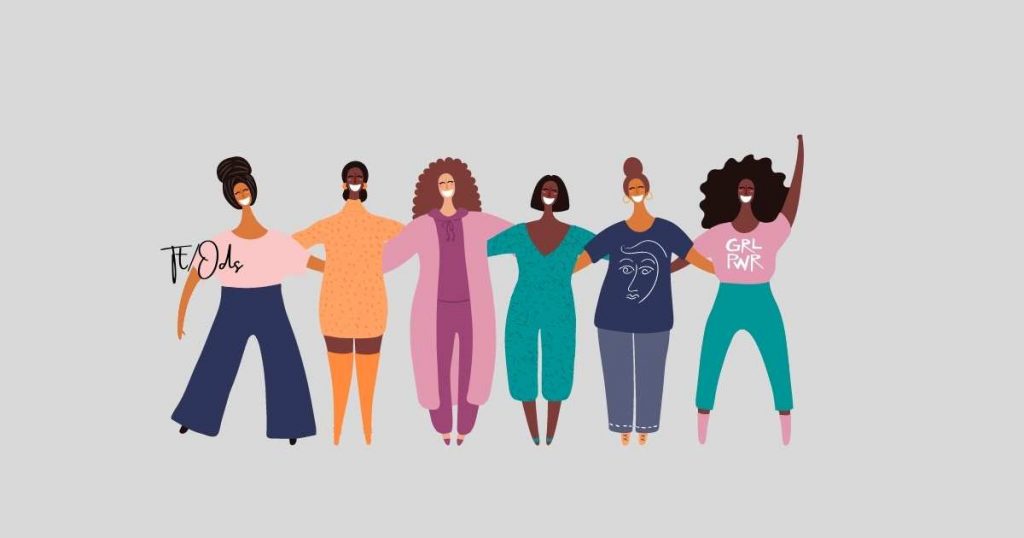As our democracy matures, Nigerian females continue to take the back seat in political participation and representation in the country. In the just concluded 2023 general elections, female politicians performed poorly, even more than in previous elections. Orodata published an article highlighting the performance of females in federal parliamentary elections. It was noted in the article that only three of the 109 elected senators are females. In the House of Representatives election, females claimed only 15 out of the 329 seats declared by the electoral commission before the supplementary elections that were held on April 15. Like in 2019, Nigeria also lost the chance to have the first female elected governor, as the candidate of the All Progressive Congress in Adamawa State, Aishatu Dahiru Ahmed, only came close to winning the governorship election in the state.
In the last election, out of 990 state houses of assembly seats across the 36 states, females have been confirmed to have won only 48. This is out of about 1,046 women that contested for state legislative seats, a 4.59 percent success rate. Meanwhile, these 48 lawmakers were elected in only 21 states. The remaining 15 states did not elect one female lawmaker into their respective houses of assembly in the last election.

Ekiti state has the most female members-elect, six, followed by Kwara and Akwa Ibom who got five and four respectively. Ondo and Lagos got three each, while two female houses of assembly members were elected in Enugu, Bayelsa, Benue, Delta, Taraba, Plateau, Ogun, Kaduna and Ebonyi. Adamawa, Edo, Cross River and Anambra got one each.

Nigeria ranks lowest in female representation in African national parliaments. According to Statista, females have only 3.6% representation in Nigeria’s federal parliament. Rwanda and South Africa top the chart with females making up 61% and 46% of their federal parliaments respectively. Nigeria shares space with core patriarchal countries like Qatar, Iran, Vanuatu and Yemen where females constitute between 0-5% of federal parliaments. Efforts by gender advocates and Civil Society Organisations to change the narrative through protests and policy proposals are yet to yield much impact as females remain underrepresented in politics and governance.

